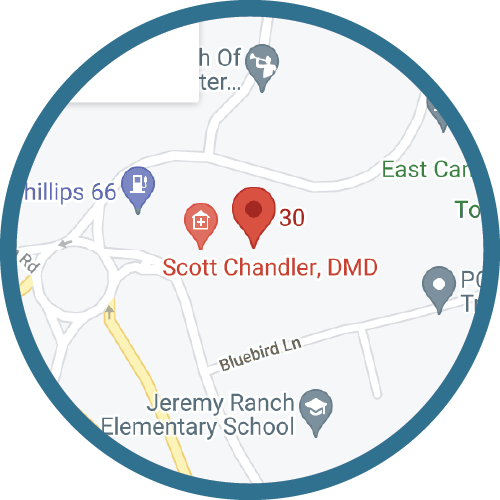A healthy cornea is important for clear vision. The cornea is located on the outside surface of your eye and is responsible for not only protecting the eye from foreign debris but also for helping focus light that enters the eye.

Because the cornea is so front and center on the eye, it is also prone to becoming damaged, diseased or scarred due to:
- Injuries
- Allergies
- Inflammation (keratitis)
- Infection
- Dry eye
- Thinning, causing a cone-shaped cornea (keratoconus)
- Cell deterioration (Fuchs’ dystrophy)
- Protein deposits (lattice dystrophy)
- Shingles
- Ocular herpes
- Pinkish growth (pterygium)
- Inward-facing eyelashes causing scarring (trichiasis)
- And a variety of other conditions
When this damage is severe enough, your vision will become greatly impacted. If glasses or contact lenses cannot restore your vision for daily tasks, your doctor may recommend a corneal transplant. This process works by removing all or part of the cornea and replacing it with healthy donor tissue from an eye bank.
At Mountain Valley Eye Institute, our doctors perform corneal transplants in Park City, UT. Depending on the severity of your problem, we may recommend:
- PK (Penetrating Keratoplasty): a full thickness corneal transplant to replace the entire cornea. Temporary sutures are necessary to keep the new cornea in place as the eye heals.
- DSAEK and DSEK (Descemet’s Stripping Automated Endothelial Keratoplasty and Descemet Stripping Endothelial Keratoplasty): two methods of partial thickness corneal transplants which replaces the damaged section of the innermost endothelium layer and the Descemet membrane. No sutures are required and most patients achieve a faster visual recovery.
- DMEK (Descemet Membrane Endothelial Keratoplasty): a partial thickness corneal transplant which involves removal of the Descemet membrane and endothelium which is then replaced with a very thin layer of donor tissue without additional stromal tissue.
If you are considering having a corneal transplant, make sure you are fully aware of the risks of surgery such as: rejection of the new tissue, infection and corneal swelling. Trusting your eyes to an experienced ophthalmologist will help reduce some of those risks. Contact our experienced team to learn more about your options.

